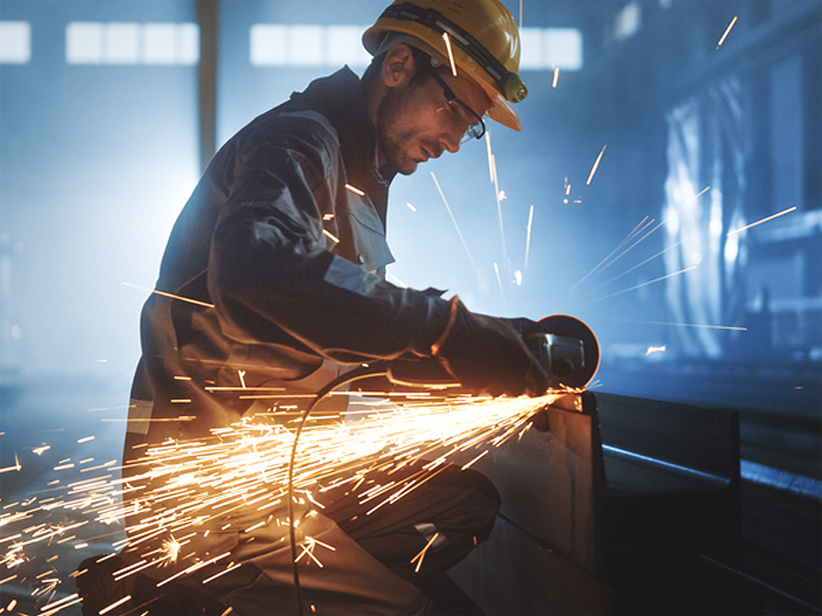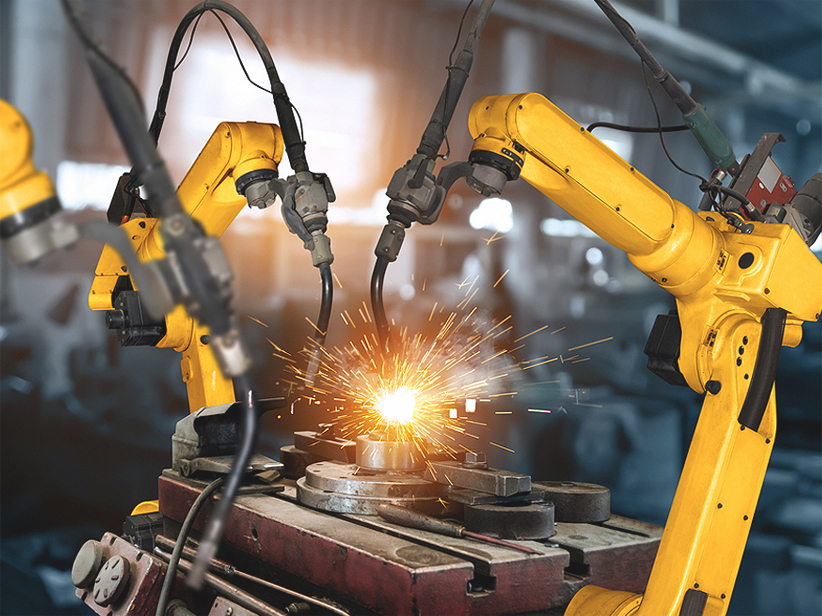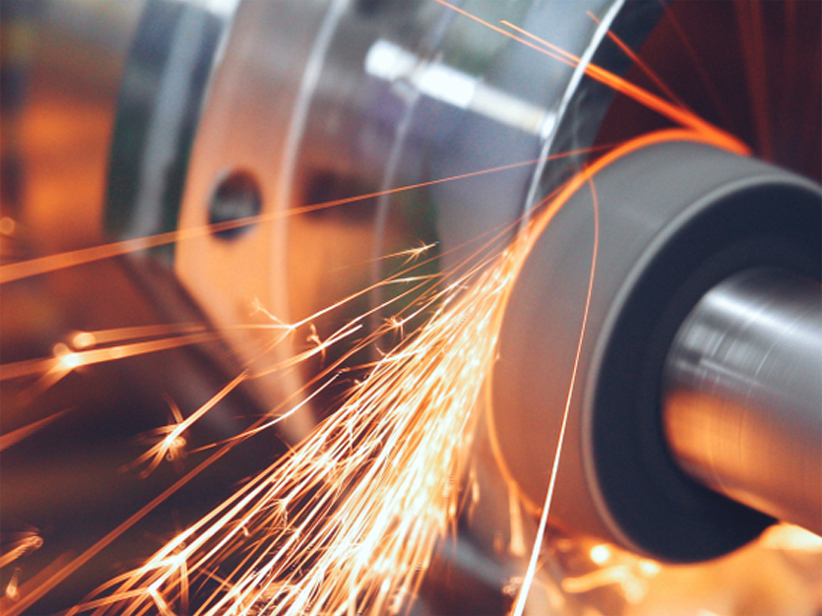Stainless Steel - Grade 302 / 1.4310
Description
Stainless Steel Grade 302/1.4310 is an austenitic chromium-nickel stainless steel that is known for its corrosion resistance and high strength. It is essentially a higher carbon version of 304 stainless steel, providing enhanced strength and hardness. This grade is widely used in applications that require a good combination of strength, corrosion resistance, and formability.
Chemical Composition
- Chromium (Cr): 17.0 - 19.0%
- Nickel (Ni): 8.0 - 10.0%
- Carbon (C): ≤ 0.15%
- Manganese (Mn): ≤ 2.0%
- Silicon (Si): ≤ 1.0%
- Phosphorus (P): ≤ 0.045%
- Sulfur (S): ≤ 0.030%
Mechanical Properties
- Tensile Strength: 620 MPa (min)
- Yield Strength (0.2% offset): 275 MPa (min)
- Elongation: 40% (in 50mm)
- Impact Energy (ISO-V): 60 J at -20°C, 50 J at -40°C
- Hardness: 201 HB (Brinell), 92 HRB (Rockwell B)
Thermal & Physical Properties
- Density: 7.9 g/cm³
- Melting Point: 1400°C - 1450°C
- Specific Heat: 500 J/kg•K
- Thermal Conductivity: 16.2 W/m•K at 100°C
- Electrical Resistivity: 0.720 µΩ•m at 20°C
- Modulus of Elasticity: 193 GPa
Other Designations
- UNS: S30200
- ASTM: 193 GPa
- EN: 193 GPa
- JIS: 193 GPa
- AFNOR: 193 GPa
Fabrication and Heat Treatment
- Cold Working: Grade 302/1.4310 can be cold worked to improve hardness, strength, and elasticity.
- Hot Working: Hot working should be performed at temperatures ranging from 1149°C to 1260°C, followed by rapid cooling to maintain corrosion resistance.
- Annealing: Annealing should be done at temperatures between 1010°C and 1120°C followed by rapid cooling.
- Welding: This grade can be welded using most conventional welding techniques, though post-weld annealing is recommended to ensure maximum corrosion resistance.
Applications
- Automotive: Springs, washers, and various stamped components.
- Food and Beverage: Equipment and utensils due to its corrosion resistance.
- Aerospace: Aircraft and aerospace structural components.
- Industrial:Conveyor belts, screens, and woven or welded screens.
- Medical:Surgical instruments and medical apparatus.
Supplied Forms
- Bars
- Coils
- Wires
Features
- Corrosion Resistance: Excellent resistance to a wide range of corrosive environments.
- Strength:High tensile and yield strength.
- Formability:Good formability and can be easily drawn, spun, and formed.
- Durability:High hardness and wear resistance.
- Weldability:Can be welded using conventional techniques with post-weld annealing recommended.






